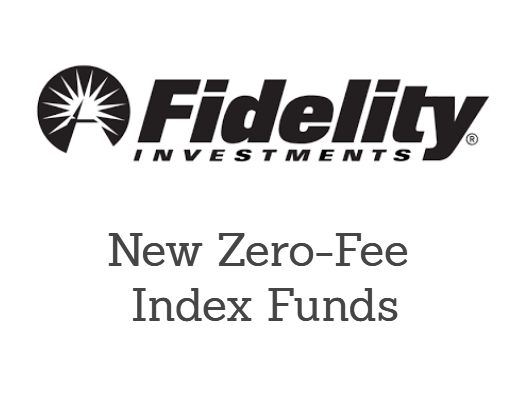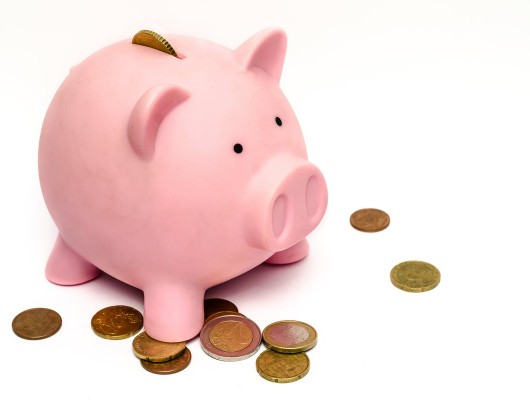Kinder Morgan shares have had a terrible year. From a high above $40 share, they’ve now plunged to below $20, a 50% decline on the year. The company’s shares now more than 10%, an astoundingly high yield for such as large company.
Until yesterday, Kinder Morgan was North America’s most valuable pipeline company. At its height, the company was worth a cool 12 figures, its market cap just hitting $100 billion. Now it’s shriveled to under $50 billion, and on Wednesday, Enterprise Product Partners became the most valuable pipeline operator out there, by virtue of its shares falling more slowly.
What’s gone wrong for Kinder Morgan? The company has levered its balance sheet to the hilt, going all-in with expansion plans over the past couple years, even as the outlook for energy-based commodities has dimmed.
This was in part necessitated by executive Rich Kinder’s pledge to raise the dividend by 10% a year for the next five years through to 2020. This was the result of a controversial mega-merger that some folks think was unfair to minority shareholders. The dividend raising pledge was a peace offering of sorts to the disgruntled investors affected by the merger.
Unfortunately the pledge has run into the hard cold reality of steadily following commodity prices. At 2014 price levels, Kinder Morgan had plenty of cash flow to support the $2/share annual dividend. However the company is tied to the price of oil through its CO2 division, and also the company’s pipelines face the threaten of contract renegotiations as weak E&Ps go bankrupt, invalidating contracts, or come near the brink and plead for relief.
And the mandated dividend hikes have caused another problem. Not only is there just barely enough cash from operations to pay the dividend, but now the company is still feeling forced to fund new projects to generate more cash in the future.
With the company on the brink of seeing its downgraded to junk, a scarlet letter for a company that needs access to the capital markets desperately, it is still spending on new projects.
The company, already facing $43 billion in debt, agreed to rescue a nearly-insolvent pipeline operator, assuming $1.5 billion of its debt load and likely having to spring for cash in the near-term to recapitalize the failing company.
The newly acquired company will provide something along the lines of $150 million in cash flow to Kinder Morgan, which is not a huge amount, considering that it needs roughly $5 billion annually to fund the dividend.
Moody’s, one of the three credit rating agencies, took harshly to the move to take on yet more debt, lowering its outlook to negative for Kinder Morgan. With the company already at the lowest tier of investment grade rating, a downgrade would raise substantial risks to the company. Many investors refuse or are not permitted to invest in junk grade entities.
It’s not all bad news. Kinder Morgan remains one of the preeminent pipeline operators in North America, and its assets provided extremely important and necessary functions. It’s a great core business that has been shackled with a questionable financial strategy that is bleeding off all the cash to interest payments and the gargantuan dividend rather than shoring up the underlying business.
Kinder Morgan may be a buy here under $20, but it is with a condition. The company must cut the dividend and start taking measures to strengthen the balance sheet. In other words, it needs to do a 180 pivot away from the deal earlier this week where it intends to play savior to a belly-up pipeline operator.
This is not the time for heroics. This is a deep and prolonged bust in energy, companies with weak balance sheets can’t afford to go taking on more debt at this point.
If Kinder announced it were cutting its dividend by half, to a still generous 5% annual yield, and that it would be engaging in asset sales to pay down debt, shares would be rather tempting around $20.
But if the company insists on continuing to increase the dividend, which has already breached the dangerous 10% level, there is a good chance the company’s complicated financial dealings will backfire, leaving shareholders with a permanently impaired equity on their hands. The stock simply can’t be purchased in good faith here until management shows it it can protect the balance sheet and keep the company from being downgraded to junk.


